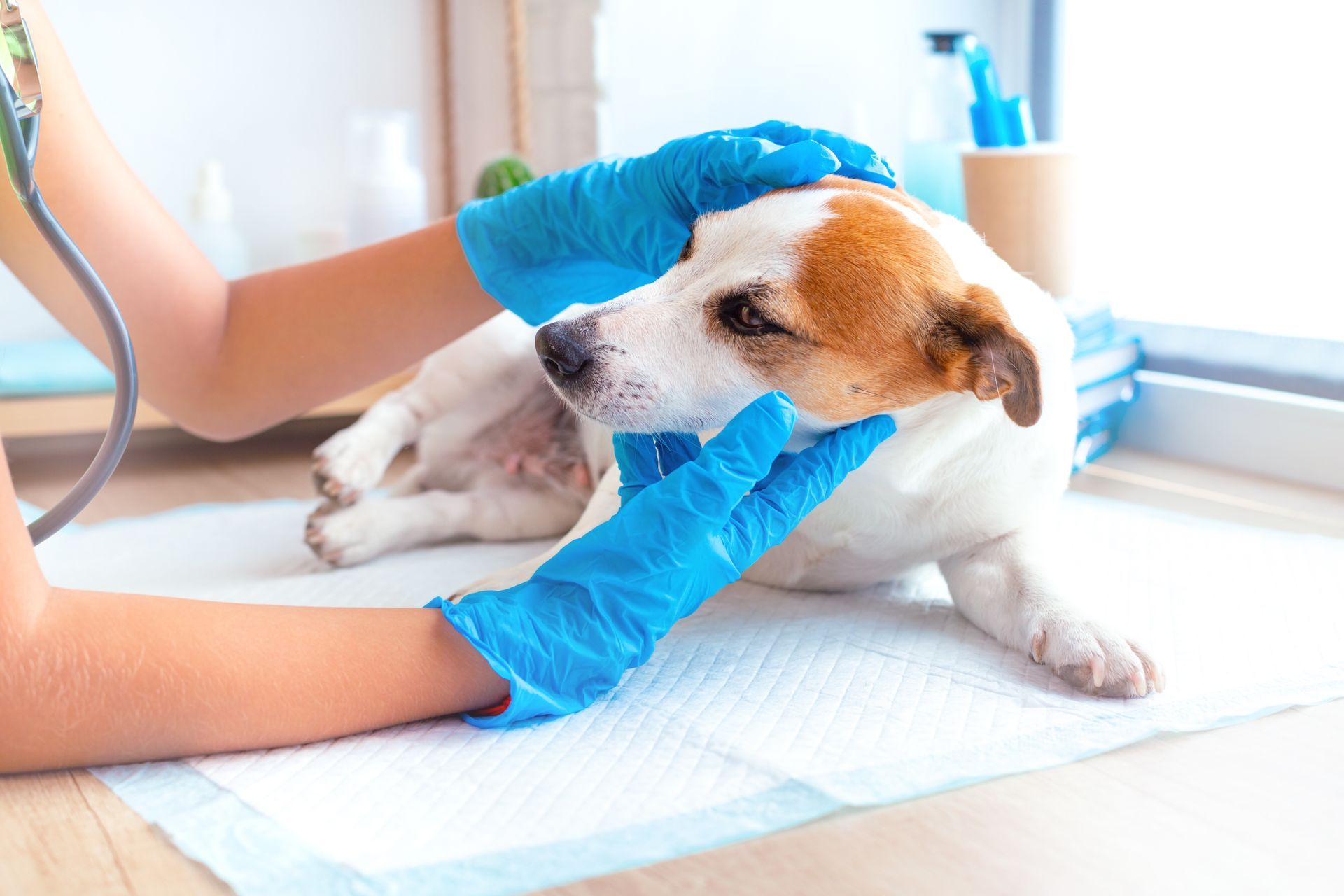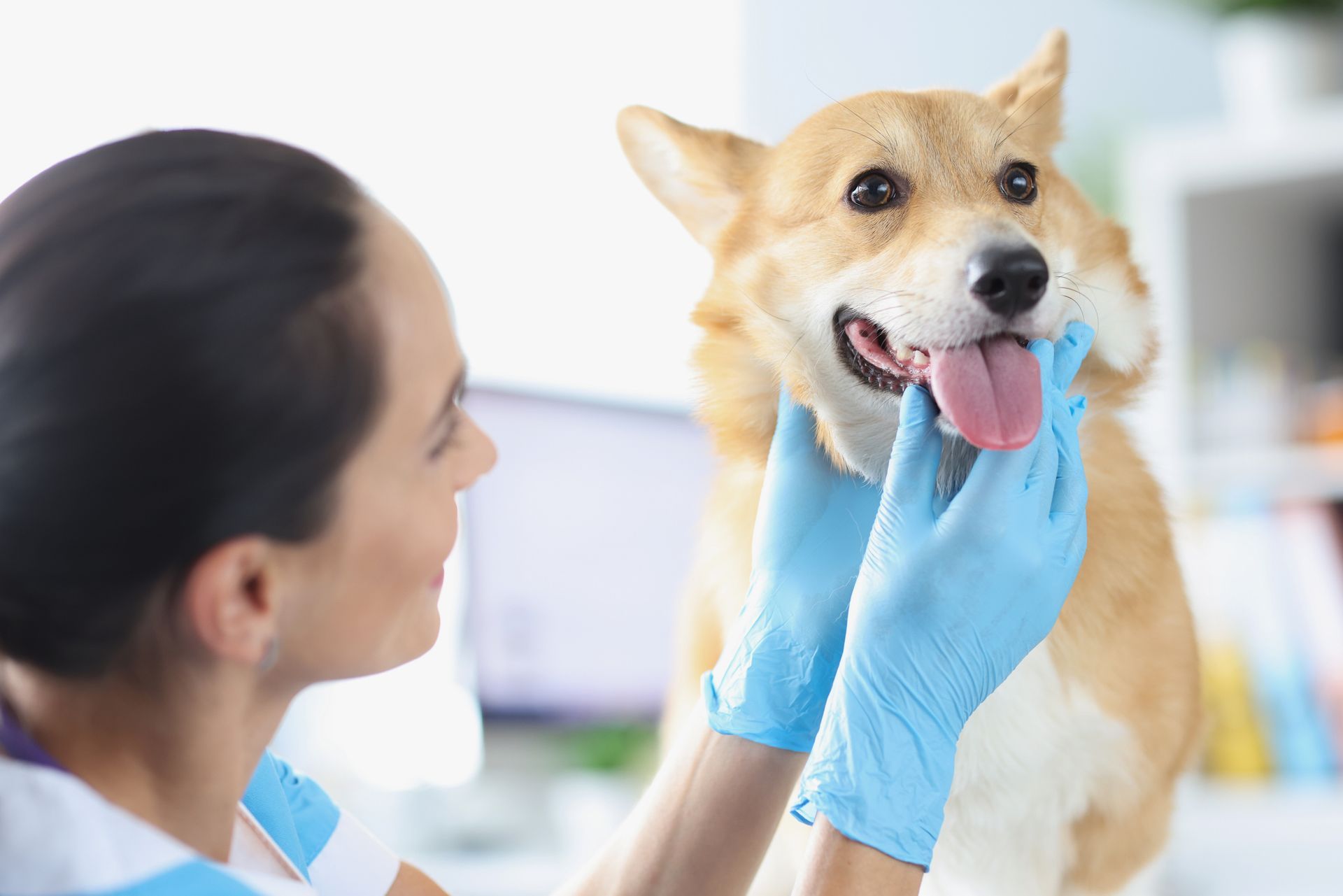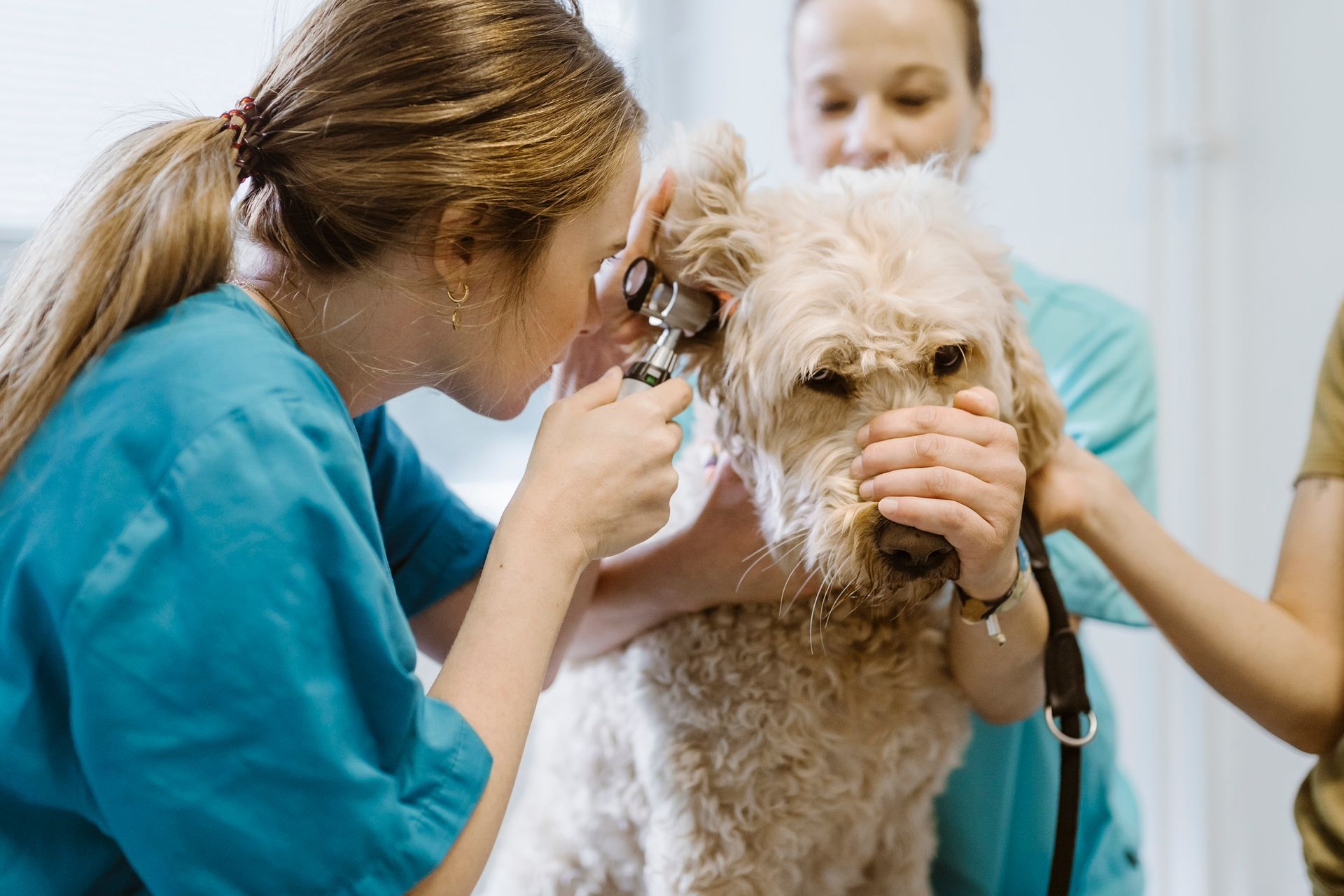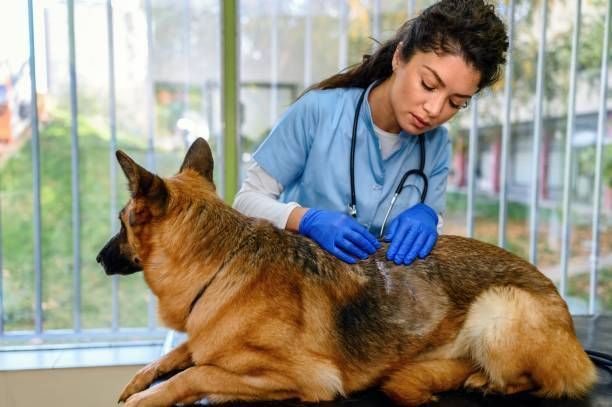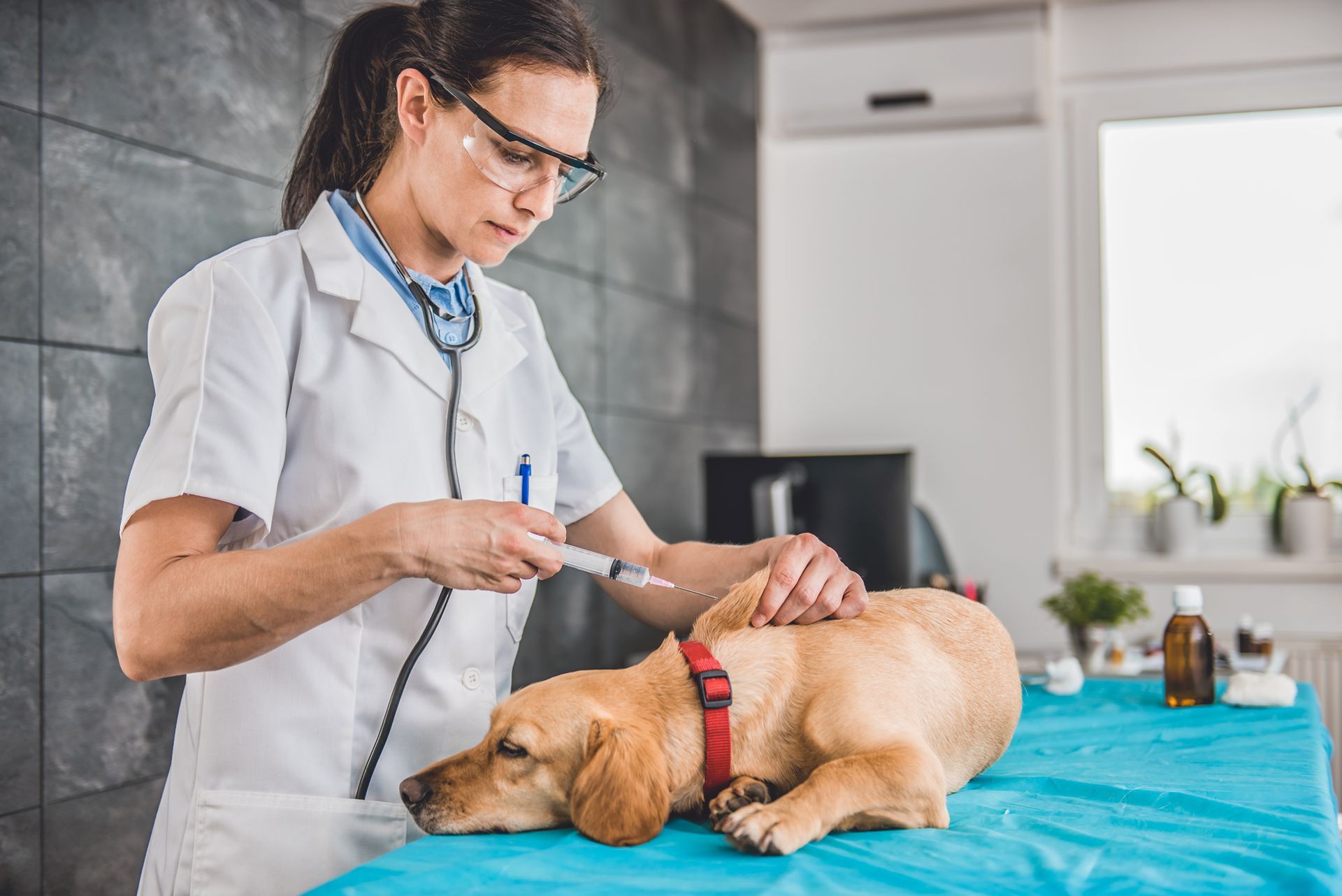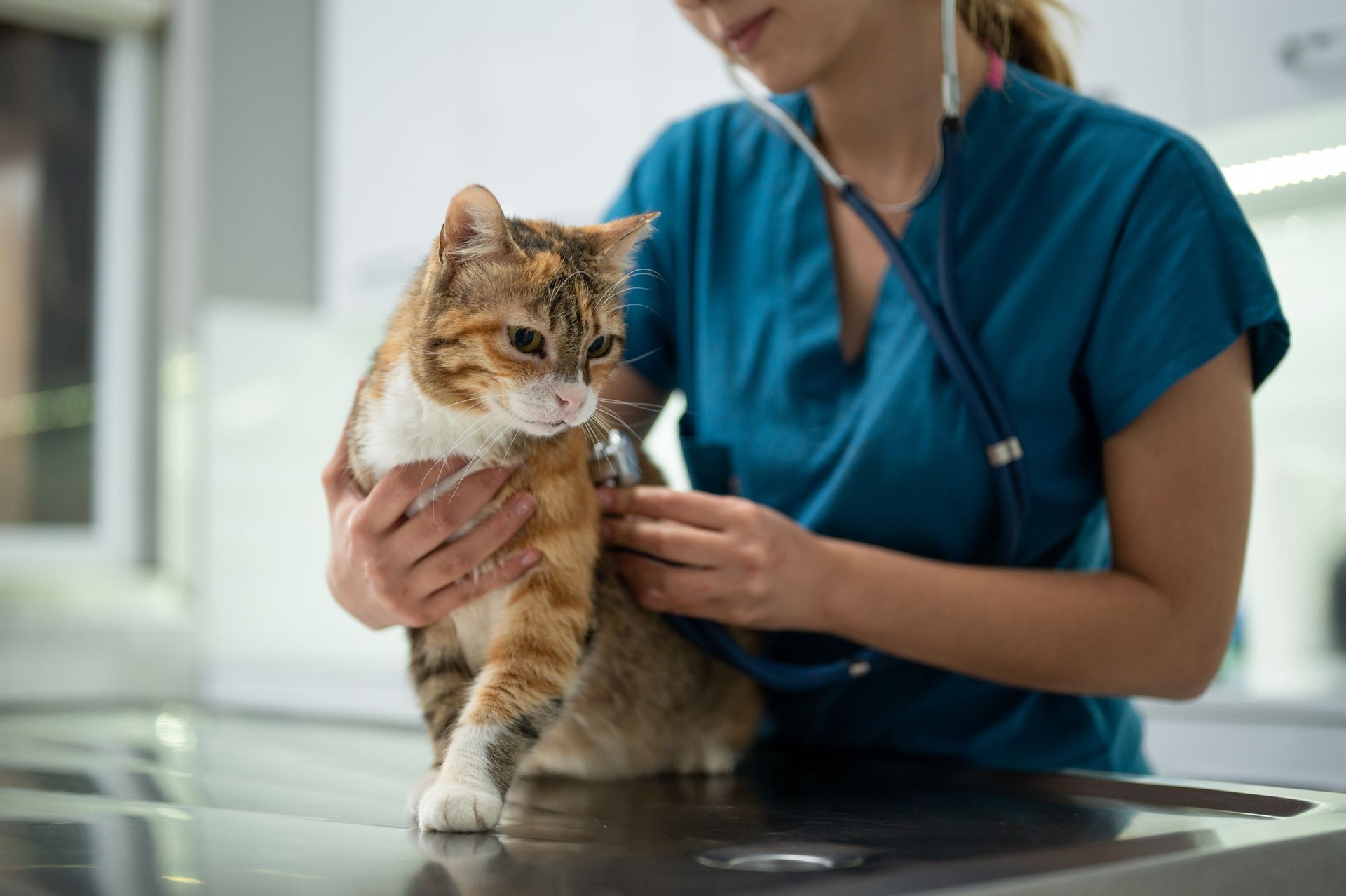Frequently Asked Questions About Canine Influenza

Many people dread the advent of each new flu season and will do whatever they must to protect themselves and their loved ones from these debilitating, highly communicable viruses. However, pet owners should also recognize another similar threat that can make their beloved dogs miserable: canine influenza.
If you care for a canine family member, you'll want to learn some useful facts about this respiratory infection, from its causes and methods of transmission to common symptoms, treatment options, and preventative strategies. Expand your canine influenza knowledge with these frequently asked questions and their answers.
Why Do Dogs Get Canine Influenza?
Canine influenza stems from two viruses, H3N8 and H3N2, although neither virus actually originated as a canine disease. H3N8 originally spread to dogs through contact with horses, while H3N2 originated in birds before it infected dogs. These strains differ from the influenza strains that commonly infect human populations.
As an airborne virus, canine influenza can prove highly contagious. Infected dogs can easily transfer it to others through sneezing, coughing, and even barking. Water droplets that contain the virus can also find their way into water and food bowls, which creates another means of transmission among dogs that share these items.
Dogs that frequently interact with other animals, especially in close quarters such as boarding facilities, face a higher risk of infection. The germs can linger on kennel floors and walls, on the collars of other dogs, and even on the skin or clothing of kennel workers.
What Symptoms Can Canine Influenza Cause?
Just as the flu can resemble the common cold or other respiratory ailments in humans, canine influenza can mimic the symptoms of other common infectious diseases in dogs, including Bordetella bronchiseptica, better known as kennel cough. The symptoms can vary widely in severity from one case to the next.
Symptoms of canine influenza include sneezing, coughing, breathing difficulties, and fluid discharge from the eyes or nose. The nose discharge may contain pus. Your dog may also run a fever and show signs of lethargy or fatigue. While most cases don't cause complications, a severe infection can lead to pneumonia.
How Do Veterinarians Diagnose and Treat Canine Influenza?
Your veterinarian may need to run laboratory tests to tell whether your dog suffers from canine influenza or a lookalike infection. Examination of a nasal swab sample may show antibodies specific to the virus, but only within the first few days of the infection. Beyond that point, the veterinarian may need to perform blood tests instead.
Dogs infected with canine influenza must let the virus run its course, a process that can take two to three weeks. However, supportive care can help your ailing pet feel better. This supportive care may include sufficient fluids, fever-reducing drugs, optimal nutrition, a warm and dry environment, and treatment of any secondary infections.
During your dog's recovery period, you must quarantine it to prevent it from infecting other animals. Cancel regular trips to the dog park, groomer appointments, and any upcoming boarding or doggie daycare stay until your veterinarian says your dog can safely return to its regular routine.
How Can You Protect Your Pet Against Canine Influenza?
Just as humans often protect themselves against the flu through vaccination, dogs can receive vaccinations against canine influenza. However, veterinarians usually administer these vaccinations only to dogs whose lifestyles present an unusually high infection risk. Ask your vet whether your dog needs this protection.
Pay attention to reports of canine influenza outbreaks in your area, avoiding specific neighborhoods or facilities known to harbor these viruses. If you have any interactions with a potentially infected dog, wash your hands and change your clothes before you interact with your own dog.
Whether you worry about flu-like symptoms in your family dog or you'd simply like to keep your dog as safe as possible against this disease, Baywood Animal Hospital can help. Our veterinary team can evaluate your dog's health, administer supportive care, and offer preventative wellness tips. Contact us to make an appointment.

